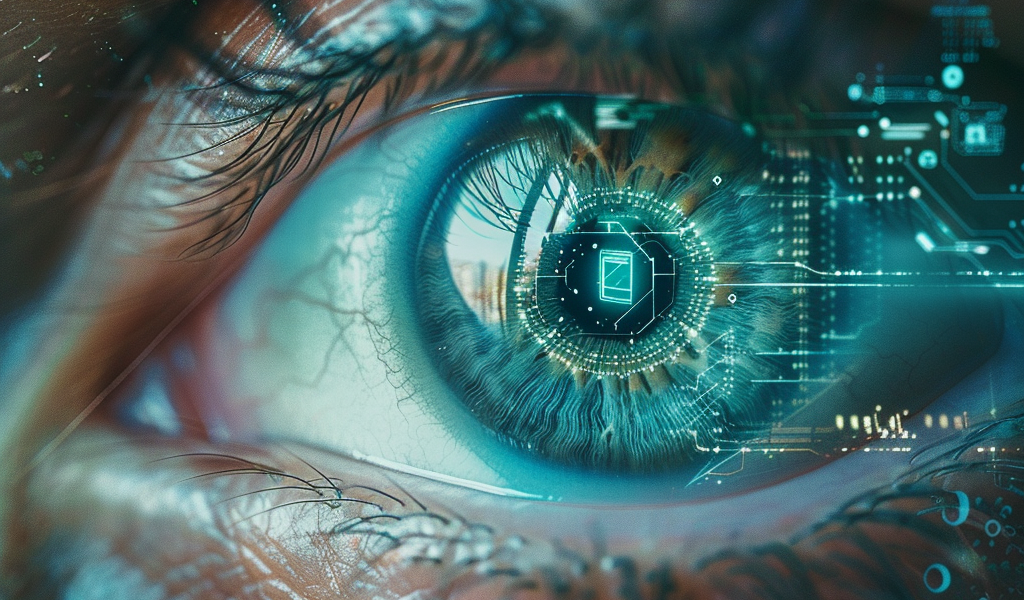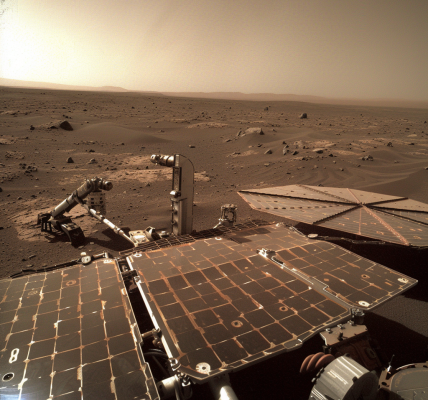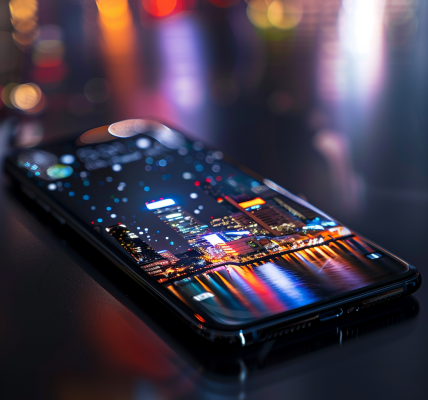Elon Musk Claims Neuralink’s Brain-Computer Chip Could Restore Sight in Blind Individuals
Elon Musk, the CEO of Tesla and SpaceX, has made a bold claim about his company Neuralink’s brain-computer chip technology, stating that it has the potential to restore sight in individuals who are blind. Musk revealed that the technology has already been successful in enabling blind monkeys to see, and he anticipates that it could ultimately surpass normal human vision.
Referred to as Blindsight, the new product from Neuralink aims to address vision impairment, with Musk acknowledging that the initial resolution may be comparable to early Nintendo graphics. However, he expressed confidence that the technology has the capacity to significantly enhance visual capabilities in the future.
Emphasizing the safety of the technology, Musk stated, ‘No monkey has died or been seriously injured by a Neuralink device!’ This assertion seeks to alleviate concerns regarding the potential risks associated with the brain chip technology.
Neuralink’s Blindsight chip follows the development of Telepathy, another innovative product that enables users to control computers with their minds. Earlier this year, Musk reported the successful recovery of a patient who had undergone a brain chip implant, subsequently demonstrating the ability to manipulate a computer mouse cursor through mind control alone.
The Food and Drug Administration (FDA) approved Neuralink’s first trial in May of the previous year, marking a significant milestone for the company. The procedure involves the insertion of 64 flexible threads into a specific area of the brain associated with movement intention. These threads enable the implant to record and transmit brain signals to an accompanying app, which decodes the individual’s intended movements.
Notably, the implant is powered by a wireless charging system, enhancing its practicality and usability. This breakthrough technology holds immense potential for individuals with neurological conditions, offering new possibilities for enhancing their quality of life.
As Neuralink continues to push the boundaries of neurotechnology, the prospect of leveraging brain-computer interfaces to address medical conditions and improve human capabilities is becoming increasingly tangible. With ongoing advancements and regulatory approvals, the potential impact of Neuralink’s innovations on healthcare and human potential is poised to be transformative.





